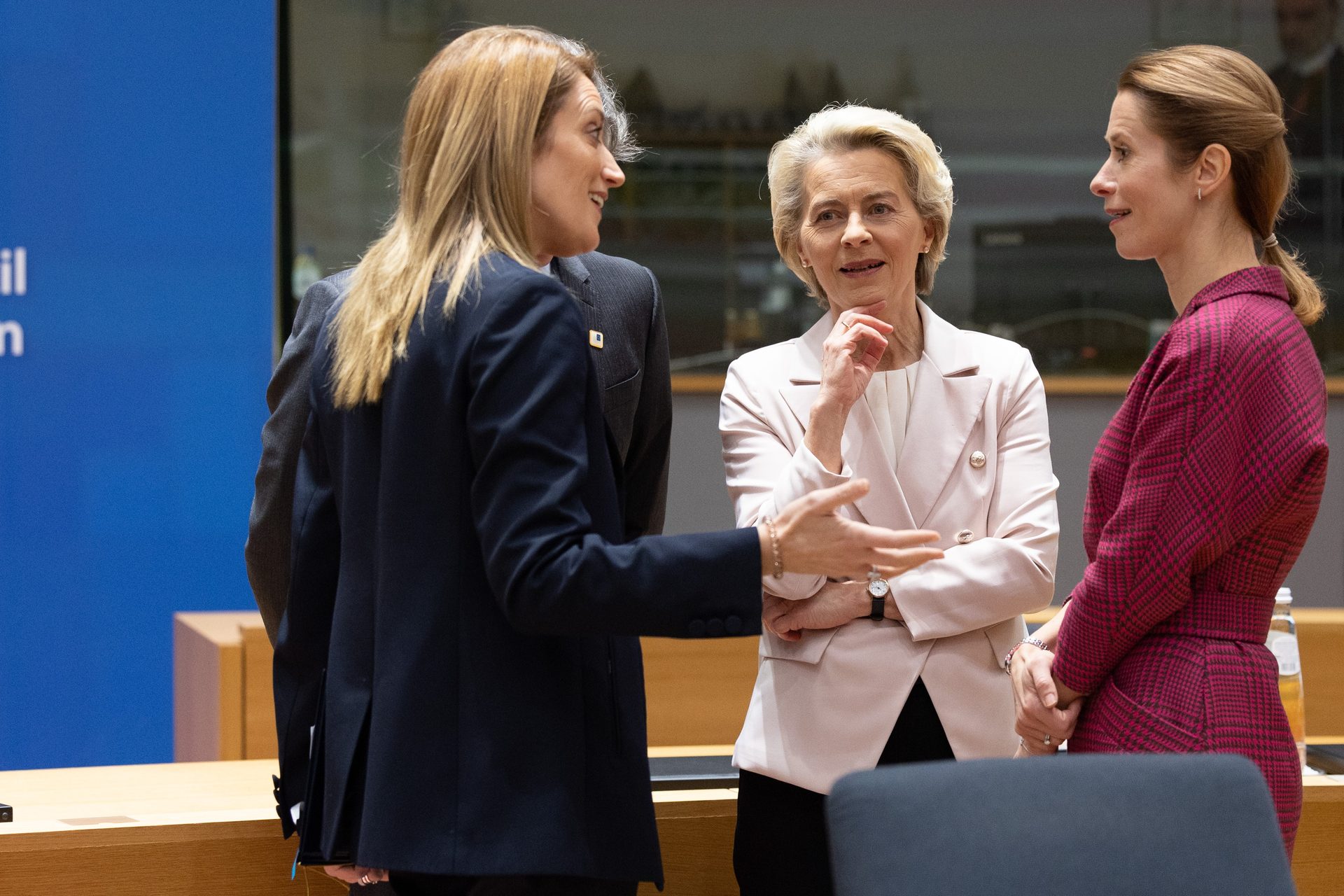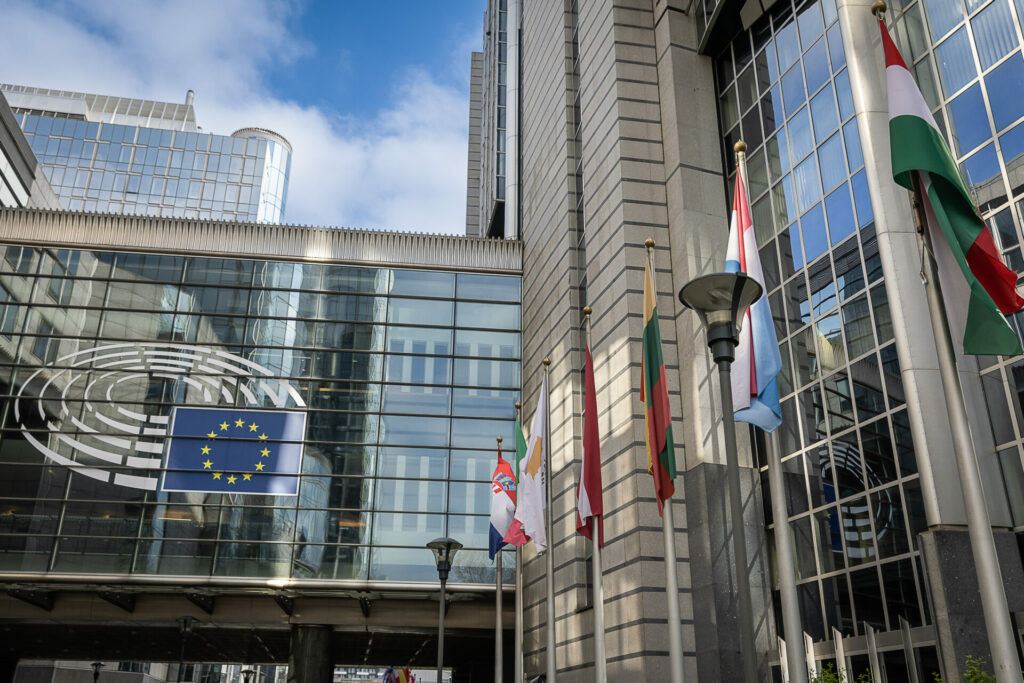MEPs from the right-wing European People's Party (EPP) and far-right European Conservatives and Reformists (ECR) voted down multiple amendments that sought to improve transparency in the European Parliament.
A new investigation by Follow The Money has revealed that right-leaning elected representatives of the European Parliament attempted en masse to bury the institution's efforts to ensure greater transparency and reinforce anti-corruption measures.
This is despite both groups' condemnation of corruption during Qatargate, the corruption affair that broke out in December 2023 when multiple MEPs were linked to illegal lobbying enacted by the Qatari government.
"It is important that the European Parliament learns a serious lesson and improves its internal organisation and transparency," ECR stated just days after Greek MEP Eva Kaili was discovered to be in possession of enormous sums of cash accumulated via Qatari bribes: €720,000 in her father's care and a further €150,000 in a hotel room.
Meanwhile, the EPP placed the blame on the Social Democrats (S&D), Kaili's former political group. "Their lecturing on the rule of law has now been proven to be hypocritical," the EPP posted on X (formerly Twitter) in December.
Voting down key texts
However, Follow The Money's investigation sheds light on both right-wing political groups' reticence towards strengthening transparency across EU institutions despite these statements in the immediate aftermath of Qatargate.
In September 2023, MEPs voted on a series of amendments aiming to hold MEPs accountable for misconduct.
In several instances, both EPP and ECR voted key amendments down. For example, one amendment stated that "MEPs should only have contact with organisations listed on the transparency register" – where 33 EPP MEPs voted for it while 131 voted against it, and 10 ECR MEPs voted in favour while 54 voted against.
Both parties voted similarly for other amendments stating that "all meetings with third parties on parliamentary matters should be published online" (EPP: 22 for, 132 against; ECR: 48 for, 14 against) and "MEPS should also not engage in unpaid lobbying activities" (EPP: 7 for, 160 against; ECR: 7 for, 54 against).

European Parliament chairwoman Roberta Metsola, European Commission President Ursula Von der Leyen and Estonian Prime Minister Kaja Kallas pictured during the European council summit, in Brussels, Thursday 15 December 2022. Credit: Belga / Benoit Doppagne
In the majority of these votes, right-wing opposition failed to prevent the amendments from passing through. However, EPP, ECR and Renew succeeded in blocking one text more far-reaching than the others: the failed bill would have required MEPs to declare all activities with third party organisations such as NGOs and lobbyists.
When Follow the Money reached out to the EPP, they declined to comment. When they asked the ECR why they had blocked amendments aiming to improve transparency, the Eurosceptic group responded that they were "excessive, burdensome and ambiguous and could significantly hamper the work of MEPs." It added that "no amount of rules or transparency measures can ever fully replace integrity".
Ethics watchdog
Right-wing and far-right MEPs have also attempted to hold back the creation of an ethics watchdog that would preside over several EU institutions: European Parliament, the European Commission, the Court of Justice of the European Union (as an observer without participating in decisions), the European Central Bank, the Court of Auditors, the Economic and Social Committee and the Committee of the Regions.
Despite Ursula Von Der Leyen promising the creation of such an organ upon her entry into office in 2019, her own group EPP has opposed the ethics watchdog, stating that it would have too much power and therefore "infringe the rule of law".
ECR echoed these concerns, stating that "allowing the body to set rules for Parliament undermines its independence and goes against the separation of powers."
Negotiations between MEPs in March designated the watchdog's responsibilities (setting common anti-corruption standards across institutions and designating five independent experts to examine individual cases) and the agreement has been sent to the Committee on Constitutional Affairs (AFCO) for formal adoption. A discussion about the AFCO report will take place between MEPs on 25 April.

